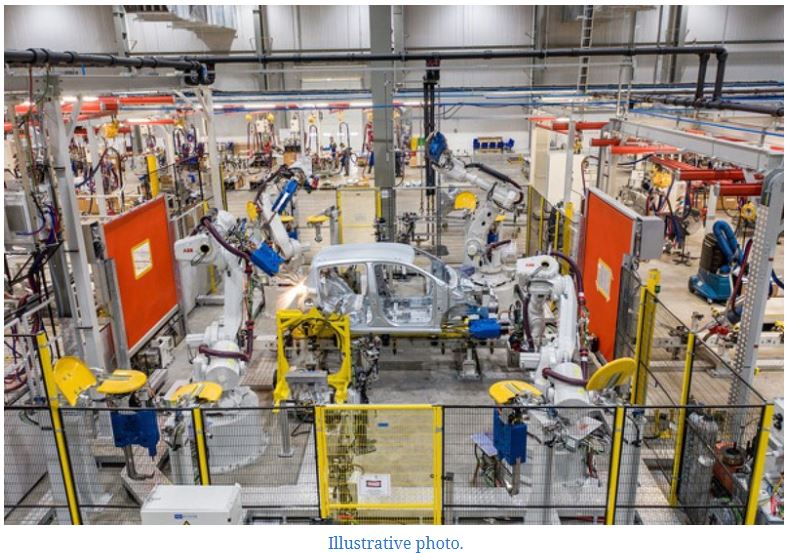Vietnam Fin Min to remove import tariffs for automotive input materials
The Hanoitimes – The move is aimed to help develop the automotive supporting industries, particularly as Vietnam still has to import massive basic materials for domestic car production.
The Ministry of Finance (MoF) plans to remove import tariffs on input materials for the production of auto parts and accessories, accoding to Vu Thi Mai, deputy minister of finance.
The move is aimed to help develop the automotive supporting industries, particularly as Vietnam still has to import massive basic materials for domestic car production, said Mai at a monthly government press briefing on December 2.
Mai said the proposal would be included in the revised version of the government’s Decree 125 on export duty schedule, preferential import duty schedule and list of commodities and their flat tax rates, compound tax rates and outside tariff quota rates, scheduled to submit to the government this month for approval.
Deputy of Industry and Trade Do Thang Hai acknowledged the fact that car prices in Vietnam are higher than those in other countries, including neighboring peers.
Hai named the lack of development of Vietnam’s auto industry and fierce competition from China, South Korea, India and even those in ASEAN as reasons.
Moreover, as a member of many free trade agreements with various commitments, Vietnam could not freely support the industry through legal instruments, Hai continued.
Hai also pointed to the fact that Vietnam only has a small handful of car producers at regional and international levels, making it difficult to lead the industry forward.
As the linkage between local companies and the foreign invested sector remains weak, Vietnamese companies do not have sufficient capabilities to join multinationals’ production chain, not to mention the latter’s preferences of their existing partners operating in supporting industries.
As of present, the localization rate for passenger cars of under nine seats in Vietnam is 7 – 10%, much lower than the target of 60% set in 2010, and the average 65 – 70% of countries in ASEAN, and especially in the case of Thailand, it is nearly 80%.
In the future, Hai expected Vietnam to protect the domestic auto industry through technical barriers in line with international commitments, while providing incentives for greater car sales through transport infrastructure development and financial means.
Hai added Vietnam would continue to encourage foreign investment from multinationals into large scale automotive projects in the country, focusing on brands and car models not available in ASEAN.
“This would help local companies further integrate in international automobile production chain and expand export markets in the region,” Hai asserted.
Source: http://hanoitimes.vn/vietnam-finance-ministry-to-remove-import-tariffs-for-automotive-input-materials-300361.html


 English
English




